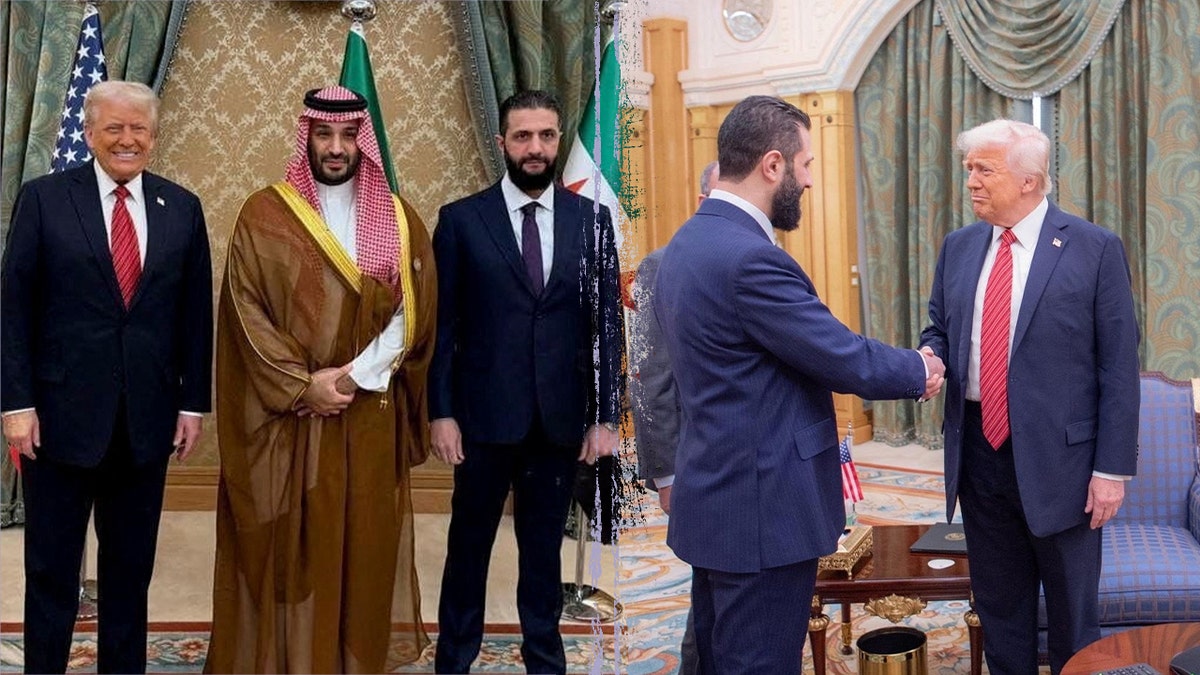In an unfolding geopolitical drama, the people of Bangladesh have begun to reject a dangerous global experiment: the foisting of Dr. Muhammad Yunus as Chief Advisor to a makeshift regime that emerged only after systematically undermining the democratically elected government of Prime Minister Sheikh Hasina. The West-backed scheme — allegedly orchestrated by liberal power centers and global financiers like George Soros — attempted to dismantle popular governments in South Asia under the pretext of “restoring democracy” or “preserving human rights.” But what it truly sought was the weakening of nationalist leadership that refused to bow to Western hegemony.
In reality, Yunus was no saviour. He was a pawn — parachuted into Dhaka’s power corridors with little legitimacy and even less public trust. His sudden emergence was less about economics or governance and more about creating a proxy structure to throttle a sovereign nation’s will. While Bangladesh’s coalition of jihad-linked parties and politically manipulated student protests created a façade of popular dissent, the silent majority saw through the chaos. With an economy in freefall, internal discord between military leadership and Yunus’s handlers, and growing public resentment, the so-called reformist regime has all but crumbled.
This wasn’t an isolated event. Similar subversive experiments have long been attempted across the Global South — often from the same playbook. Be it through colour revolutions, NGO networks, student mobilizations, or media narratives, the objective is always the same: hijack democratic institutions, install pliable regimes, and open the gates to unchecked Western influence.
India was supposed to be next. But India resisted.
Despite well-funded attempts to manufacture civil unrest — from the Shaheen Bagh protests against the Citizenship Amendment Act (CAA) to the disinformation-laced farmer agitations — the Indian electorate refused to capitulate. Prime Minister Narendra Modi, backed by the silent strength of 1.4 billion citizens, secured a historic third term, once again demonstrating that India cannot be bullied, bought, or broken.

These efforts to destabilize India were not random. They were part of a coordinated ideological offensive by the same global networks that sought to unseat Hasina and empower Yunus. That they failed spectacularly in India is a testament to a new political era, where strong, nationalist democracies can and will resist elite Western manipulation.
More recently, as India reels from a gruesome terror attack in Pahalgam that left 26 innocent pilgrims dead — yet another reminder of the hostile neighbourhood it inhabits — the hypocrisy of the Indian Opposition has become glaring. While claiming to “stand with the government” in the fight against terror, Opposition leaders simultaneously sow doubt about the army’s integrity and accuse the Centre of political opportunism. This duality has not gone unnoticed. The nation is angry, and if elections were held today, the Opposition may be completely erased from India’s political map.

All this raises a vital question for the world: will global powers, especially the United States, choose stability and democracy — or continue to flirt with chaos in pursuit of outdated Cold War-style influence?
Donald Trump’s wavering stance has not helped. Once seen as a disruptor to liberal orthodoxy, Trump now seems to be sliding into the same establishment mould. His recent embrace of leaders from Iran and Syria, and his flippant equivalence between India and Pakistan — both nuclear powers — has alarmed Indian policymakers. Comparing a robust democracy with a collapsing terror-exporting rogue state like Pakistan is not just intellectually dishonest; it is geopolitically dangerous.
India has evolved. It is no longer the hesitant post-colonial republic trying to find its voice on the global stage. It is now an economic powerhouse, a military force to reckon with, and a cultural civilization that refuses to be dictated to — even by Washington.
Modi has made it clear: India will not be threatened with nuclear blackmail, nor will it accept moral lectures from those who remain silent about terror factories operating next door. If the U.S. truly wants to remain a credible global leader, it must now make a choice. Is it with the democratic will of 1.4 billion Indians? Or with the anarchists, extremists, and global financiers who would rather see chaos than a strong, self-assured Global South?

India has no time for ambiguity. The world must stop equivocating.
If Donald Trump — or any U.S. president — wants to leave behind a meaningful global legacy, it must start by acknowledging India’s role as the last, largest, and most resolute defender of democracy. That means supporting India’s fight against terror. That means distancing from operatives like George Soros, who are intent on destabilizing sovereign governments. That means helping restore democratic order in Bangladesh without exporting Western confusion.
The stakes are clear. Either the world aligns with India’s vision of a terror-free, sovereign-centric global order, or it continues to indulge the very forces that lit the fires in Dhaka, bled Pahalgam, and shook Jerusalem, Kyiv, and Paris.
History is watching. And this time, India is writing the script.





